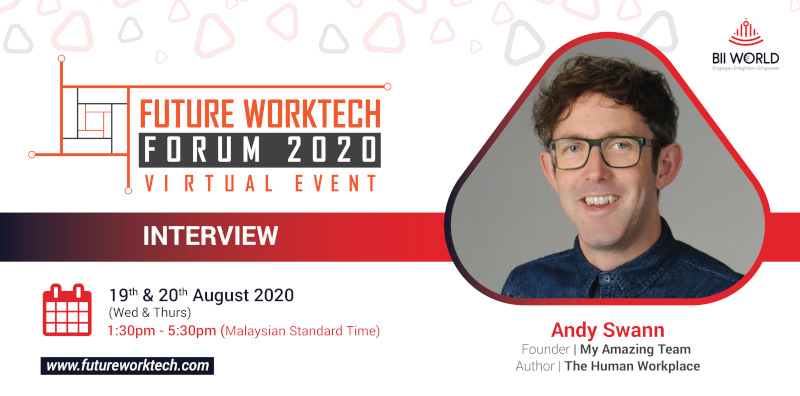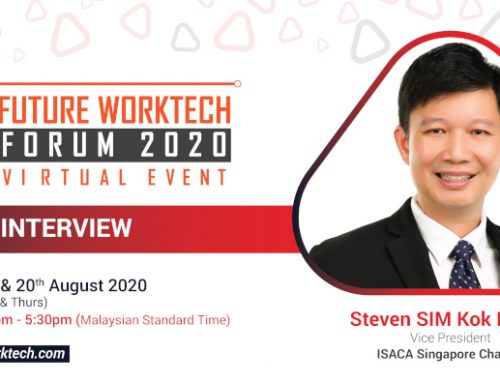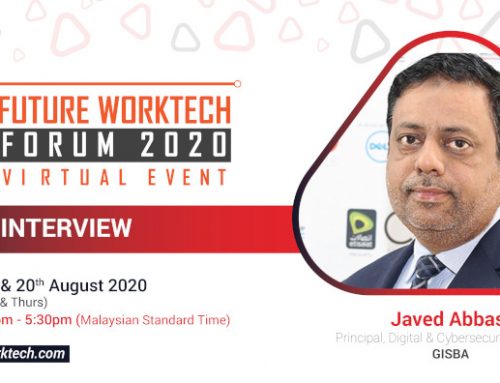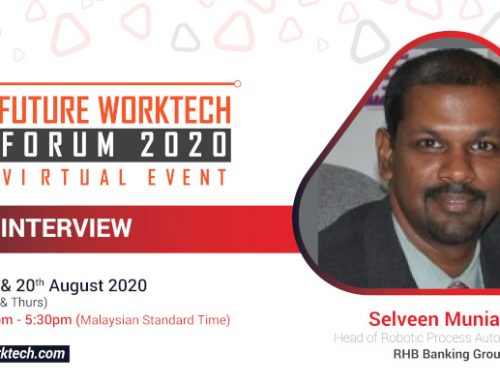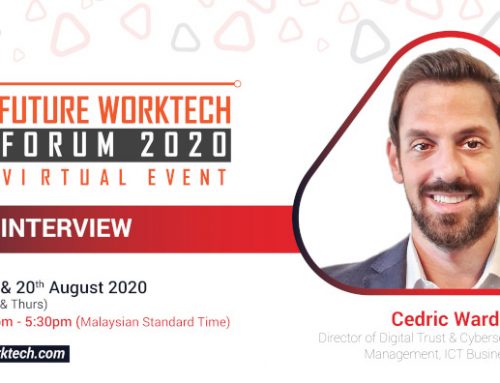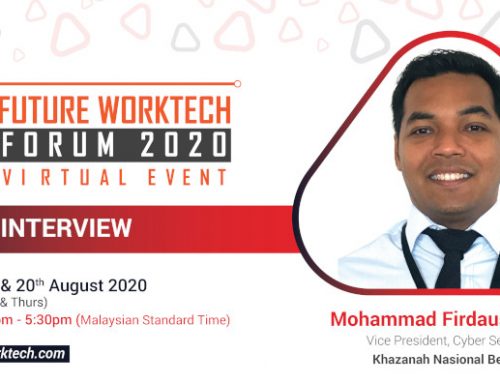With the prevailing global crisis, what is your personal opinion on how the future of work will affect your business operations?
This is a really interesting, exciting and challenging time for any organization. Obviously many organizations and jobs have been put at huge risk by the impact of the pandemic, but for those looking to the future, a choice needs to be made over whether to focus on adopting some of the changes that recent events have enforced and accelerating future strategy, or attempting to get back to what was previously ‘normal’ as quickly as possible. At MAT Studios, we always aim to work at the forefront of progressive working practices, so we’re driving hard to adopt and adapt in our business. If this can happen so fast in 2020, who knows what could be next. Be ready!
According to you, which emerging technologies will be most crucial and relevant to the dynamic changes at work?
There are key emerging technologies, but realistically, those which create a holistic and integrated platform to enable work and organizations will always be better than any single solution. There are so many individual technologies out there, covering everything from collaboration to storage, communication and productivity, but the key thing is taking a step back and mapping what your organizations really needs to achieve and the best possible structure for enabling its people to thrive. From there, shortlist platforms and technologies, then look to integrate them, automating linear tasks where possible to allow the humans in your organizations to focus on the human elements. I have some strategies and recommendations, but rather than write an essay here, I’m always happy to share if people want to talk!
How do you think change management and HR policies will cater to the needs of employee welfare and engagement to effectively adapt to the future work culture?
For a number of years, people like me have been promoting the idea of change as a constant, rather than a series of once-off projects. We need to rethink our organizations to be as lean and adaptive as possible, with the flexibility to innovate and iterate fast. In an evolving world, that means constant change is inevitable – it’s part of organizational evolution. The importance is the focus. People (customers or employees) remain the focus of any organization and providing your teams with the tools and structure to do their best work at any time should always be the strategic priority. When people thrive, the organization thrives too!
There is now so much data connecting wellbeing with productivity, creativity and how forcing people to work in rigidly structured ways is counterproductive. The secret is starting with freedom, then creating the absolute minimum possible structure required by the parameters of the business. Don’t start with control, then add tiny freedoms, that will always fail – change your thinking!
What are the main challenges in evolving into the future of work operations with respect to WFH, Remote Work and Virtual Employees formats?
Let’s take a different look at this question. The greatest challenge is a resistance to change from leadership and a hesitance to give up control. It requires a fundamental rethinking of the employee-employer relationship and will only work if the right people are employed by the right organization in the first place. With global employee engagement rates around 15%, we know that we’re starting from a position where there’s a long way to go. The risk is that this will seem too hard and many organizations won’t invest in the journey.
How do you suggest organizations will deal with business confidentiality, cyber threats, safety and security concerns which are crucial factors for the changing work operating models?
Technology will underpin all of this and offers improvements in all of these areas when adopted and integrated effectively. The key to working with the right technology providers is to ensure that they have these contingency plans in place and that you adopt their technologies in a careful, integrated and secure way. Incrementally adopting individual platforms and leaving gaps between them increases risk. Design for your organizations as entire coherent ecosystems, don’t just adopt with a scattergun approach. Most importantly though, remember, no other organization is the same as yours, so create an approach that is designed solely for you, not an off the shelf solution to something so important.
How do you feel attendees will benefit from Future WorkTech Forum?
The Future WorkTech Forum puts all of this on the table for discussion, with experts who are already doing it, researchers who are discovering trends and innovators who are pioneering in new trends. From design to adoption, to change management and so


